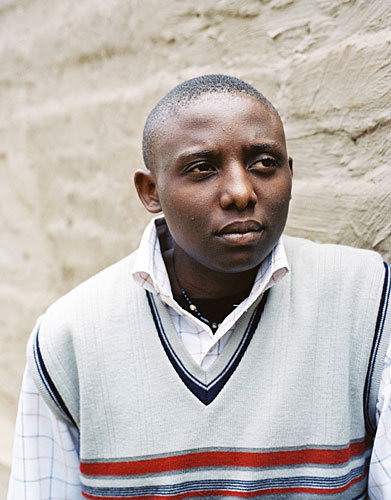My best friend from college; she’s the woman who taught me how to laugh, how to REALLY laugh… and then, when I came out, we stopped laughing together. We lost each other’s smiles for nearly four years as we both searched for self in different directions; I as an out…
-
Afrofeminism - Blog - Creative Corner - Gender and LGBT Issues - Love Is My Revolution - Photos - Special Series - Spirituality
-
Challenging Gender Binaries in the Motherland: Could Transgender and Intersex Activism Unite Africa’s Movements?
The existence of LGBT Africans ultimately challenges the view that Africans are naturally attracted to people of the opposite sex (i.e. the Homosexuality is UnAfrican mantra). However, this pigeon-holes the entire continent — straight and LGBT Africans alike — into addressing homophobia from just one angle: sexual orientation. The danger…
-
My Straight African Brother’s Reflections on a Very Queer Christmas: “Two Couples and a Sibling”
My brother wrote this guest post for me for Christmas and I couldn't be any more moved. For any of you feeling hopeless about your families coming around, I want you to read this and see this as your future, see this as where your own family members could go.…
-
In Memory of David Kato: We Will NOT Abandon Hope for Fear
No doubt David's brave words will resonate with activists and community organizers all over the world. His words along with Gloria's call to action are enough to get me out of my rut, even though I am still sad, and still afraid. The truth is that even though, like so…


